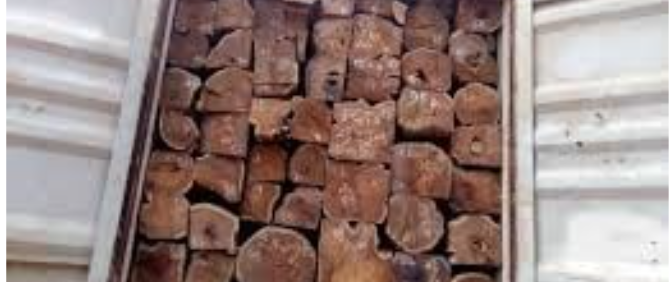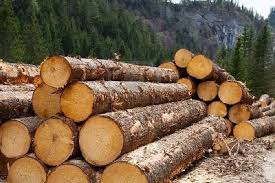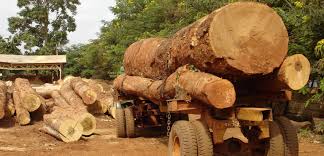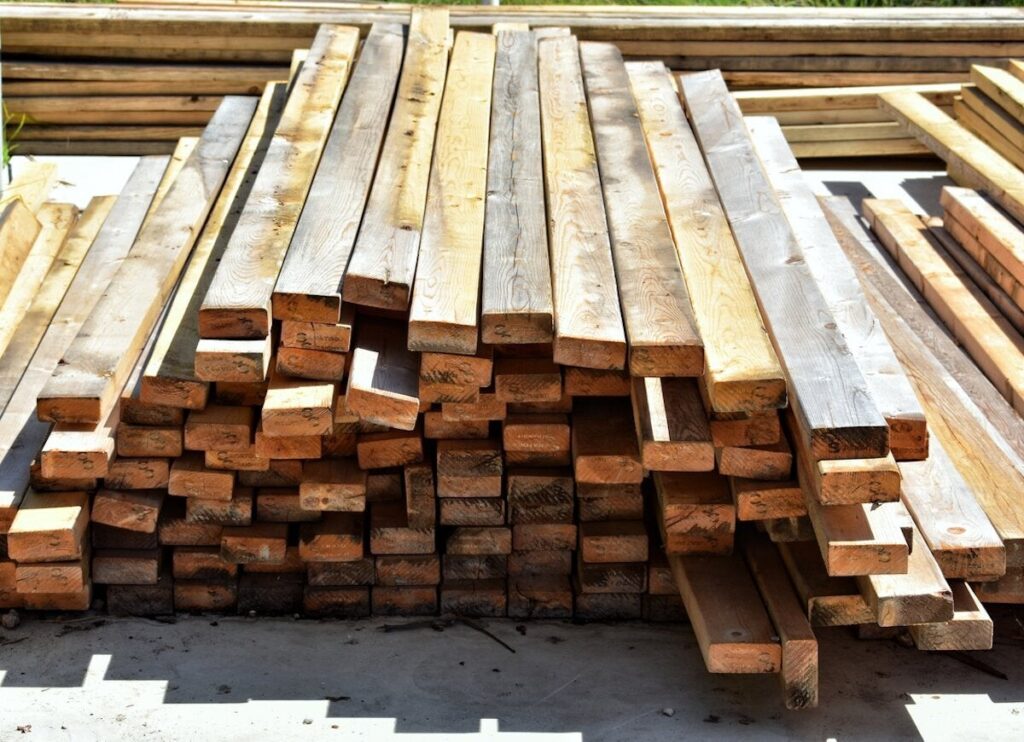
Why Should You Invest in the Timber Industry in Ghana?
The timber industry has long been a significant contributor to Ghana’s economy, leveraging its vast forest resources. However, before you should Invest in the Timber Industry in Ghana, prospective investors should weigh various factors. In this article, we delve into the timber industry in Ghana, analyzing its economic potential, challenges, and investment opportunities.
Economic Potential of Ghana’s Timber Industry
Ghana boasts approximately 2.3 million hectares of forest cover, positioning it as one of West Africa’s most forested countries. The timber sector plays a crucial role in Ghana’s economy, accounting for roughly 5% of its total export earnings. Primarily focusing on tropical hardwoods like mahogany, teak, and oak, Ghana’s timber products enjoy high demand in international markets due to their durability and aesthetic appeal. Additionally, the industry provides employment to over 1 million Ghanaians and contributes significantly to government revenue through taxes and royalties, with the Forestry Commission generating over $100 million from timber exports in 2019.



Challenges Facing Ghana’s Timber Industry
Despite its economic importance, the timber industry faces significant challenges, potentially deterring investors. Illegal logging and associated activities, including smuggling and fraudulent trade practices, pose a considerable threat. Not only do these practices undermine sustainable forest management, but they also tarnish Ghana’s reputation as a reliable supplier of legal timber products. To combat this, the government has implemented measures such as strengthening law enforcement agencies and promoting certification schemes like FSC and PEFC. However, more efforts are needed to curb illegal logging effectively.
There is also the challenge of infrastructure building. Inadequate roads and storage facilities make it difficult for timber products to be transported effectively, which drives up production costs and reduces competitiveness. The government has begun to modernize the infrastructure in the forest sector, but these efforts are still in the planning stages and might discourage some investors from entering the market too soon.
Investment Opportunities in Ghana’s Timber Industry
Despite challenges, several investment opportunities exist within Ghana’s timber industry. Legal and sustainable forest management practices offer one avenue for investment. Companies adhering to these practices can differentiate themselves while contributing positively to Ghana’s economy. Certification schemes like FSC and PEFC further enhance market access for such companies, catering to consumers who prefer sustainably produced goods.
Value-added processing activities present another opportunity. By adding value to raw logs through sawmilling or furniture manufacturing, companies can mitigate transportation costs and create additional employment opportunities within local communities. This approach fosters a more resilient business model less reliant on volatile global commodity prices.
Bottom lines
Investing in Ghana’s timber industry presents both challenges and opportunities. While addressing illegal logging requires collaborative efforts. Investment in legal and sustainable practices or value-added processing activities can yield attractive returns while contributing positively to Ghana’s economy. With its rich forest resources and growing global demand for sustainably produced tropical hardwoods, Ghana remains a compelling destination for investors looking to invest in the Timber Industry.




